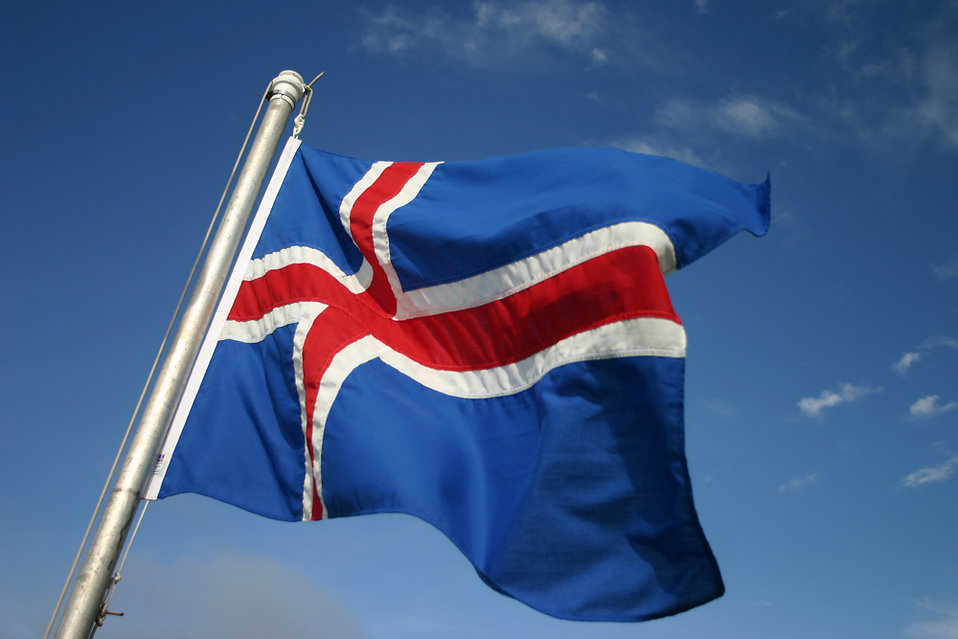Unless you have had your head buried in the sand for the last three months (and if you have, I can understand why!), you would have seen that the American election has been plastered over every newspaper and every news website in the country.
However, in the cacophony of articles about what Donald Trump has said this week or what’s been revealed by WikiLeaks about Hillary Clinton today, another quite significant election has been overlooked.
It may not be as important or momentous as the vote to decide the leader of the free world, but the election close to our shores could shake up politics there in a way never seen before, and could potentially even impact Europe as a whole.
I am, of course, talking about Iceland.
Sure, Iceland may be an island trapped between North America and Europe, and its population may be about the size of Milton Keynes, but the effect of the election that the media missed last week could have serious ramifications for the country and possibly for Europe too.
Iceland’s political landscape has largely been dominated by one party, the centre-right Independence Party (no relation of UKIP), which has been the largest party for every year bar four since 1944.
However, this is set to change. At this week’s election, the Pirate Party tripled their support and become the joint-second largest party in parliament.
That means they could be in a position to form a coalition government – something no other similar group has ever managed to accomplish.
Formed only four years ago, the Pirate Party has thrived on the same angst and cynicism that has seen the meteoric rise of parties such as UKIP, the Front National in France, and Podemos in Spain – a distrust of the major political parties.
Both the governing right-wing coalition, and a left-wing one that preceded it, failed to effectively tackle the economic crisis, which saw three of Iceland’s leading banks collapse, and efforts to reform the country’s Constitution have also been unsuccessful.
However, it’s the Panama Papers which saw the Pirates soar to prominence. When the release of documents linking the Prime Minister to a company that dealt with Icelandic bank debt, more than 10 per cent of the population demanded he resign and fresh elections were called. And it was the Pirates that led that call.
Combined with their fresh approach and their willingness to talk with and compromise other parties to form a coalition, polls had put their support as high as 43% at the peak of the crisis.
For Europe, the significance comes from the Pirates’ willingness to restart talks to join the European Union and to put membership to a public vote, a move ruled out by the current eurosceptic government when taking office.
Finally, Iceland’s election will act as a message to all that animosity towards the elite does not have to translate into scapegoating and nationalistic fervour. What the Pirates have proved, regardless of what the election result was on Saturday, is that wanting greater accountability and powers over decision making, calling for collaboration between those with different views and demanding something better can be a vote winner in today’s world, and at a time when left and right have become increasingly polarised, that is one shred of hope.




